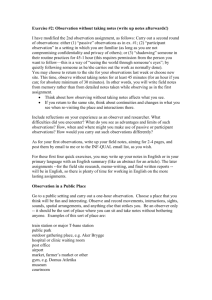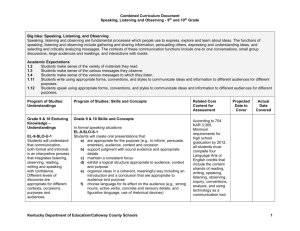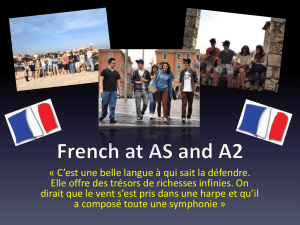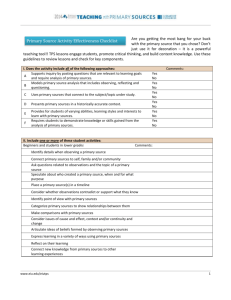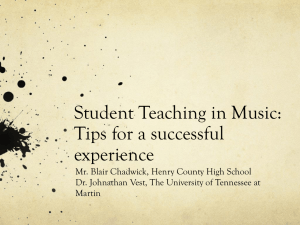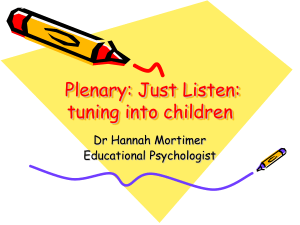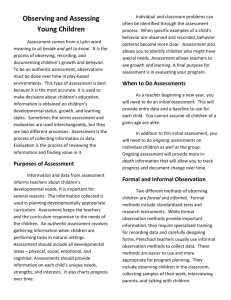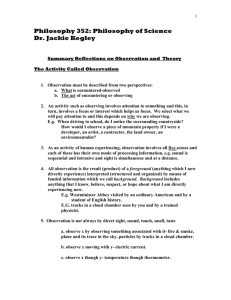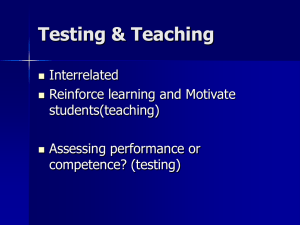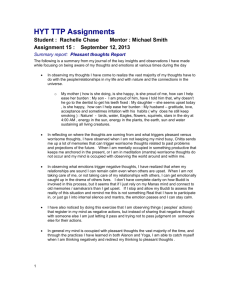Informal Assessment
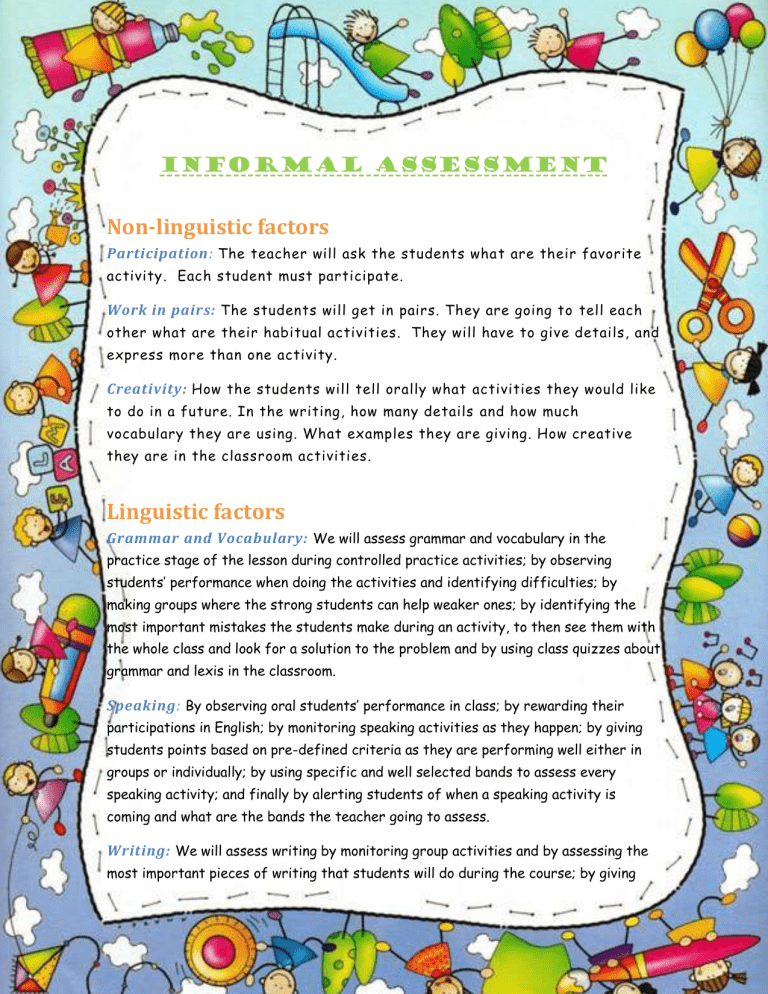
Informal Assessment
Non-linguistic factors
Participation:
The teacher will ask the students what are their favorite activity. Each student must participate.
Work in pairs:
The students will get in pairs. They are going to tell each other what are their habitual activities. They will have to give details, and express more than one activity.
Creativity:
How the students will tell orally what activities they would like to do in a future. In the writing, how many details and how much vocabulary they are using. What examples they are giving. How creative they are in the classroom activities.
Linguistic factors
Grammar and Vocabulary:
We will assess grammar and vocabulary in the practice stage of the lesson during controlled practice activities; by observing students’ performance when doing the activities and identifying difficulties; by making groups where the strong students can help weaker ones; by identifying the most important mistakes the students make during an activity, to then see them with the whole class and look for a solution to the problem and by using class quizzes about grammar and lexis in the classroom.
Speaking:
By observing oral students’ performance in class; by rewarding their participations in English; by monitoring speaking activities as they happen; by giving students points based on pre-defined criteria as they are performing well either in groups or individually; by using specific and well selected bands to assess every speaking activity; and finally by alerting students of when a speaking activity is coming and what are the bands the teacher going to assess.
Writing:
We will assess writing by monitoring group activities and by assessing the most important pieces of writing that students will do during the course; by giving
useful reliable feedback to our students; by making sure students are using the feedback we are giving to them; by choosing a good time to assess written works in order to be fair; By choosing carefully the criteria we are going to asses in every work; by using specific and possible rating scales and descriptors; by using a corrections code in order to help students to correct their mistakes without making them feel bad and finally by making them participate on their own feedback or another classmate feedback.
Listening:
We will assess listening by checking student’s answers in a task after they have all listen to a text; by monitoring students’ listening proficiency when they do pair work activities or simply by observing their reactions to instructions given by the teacher; by going through the answers of the questions one by one and by asking to the whole class to raise their hands to see if they understood and they didn’t; by monitoring the classroom responses to identify who might have problems with listening; by monitoring students discussions based on an audio text and finally by observing students ability to understand each other.
Reading:
We will assess reading by going around the class while students are doing a reading activity and observing which students seem to be understanding it and which are having difficulties; also by asking question about the text to the whole class and checking their responses, at the end we can ask how many got the questions right; by making discussions about the text; by asking them to replay the text or by making a role play based on the reading; by asking the students to make reading report and by checking their abilities to understand different types of texts.
